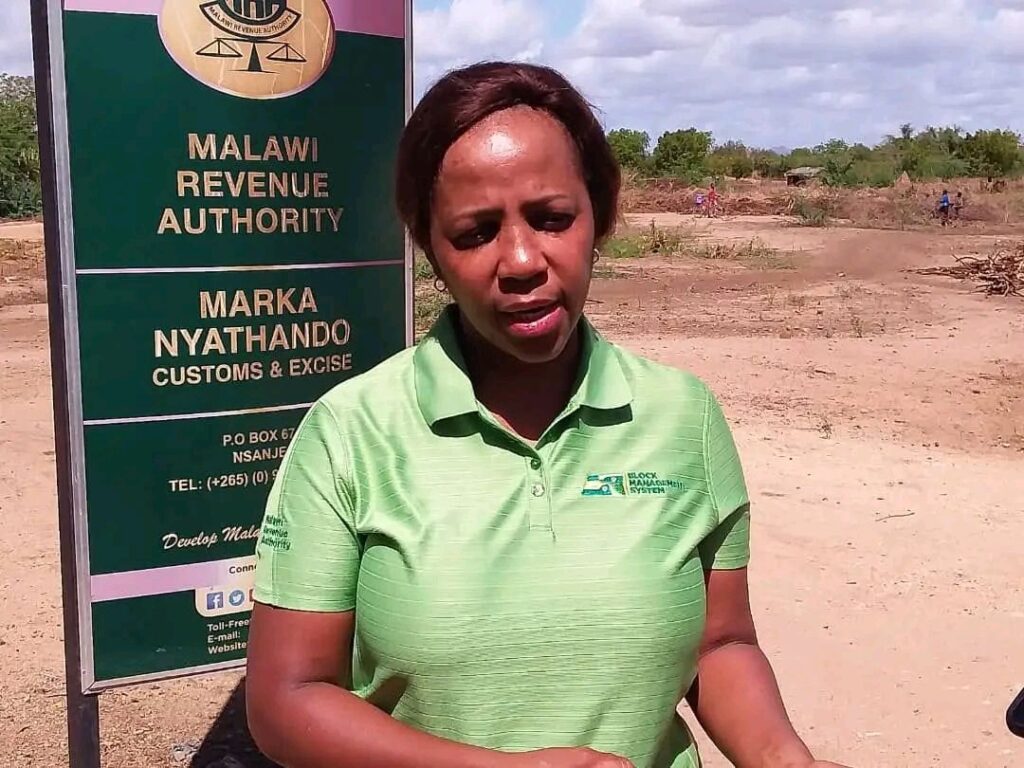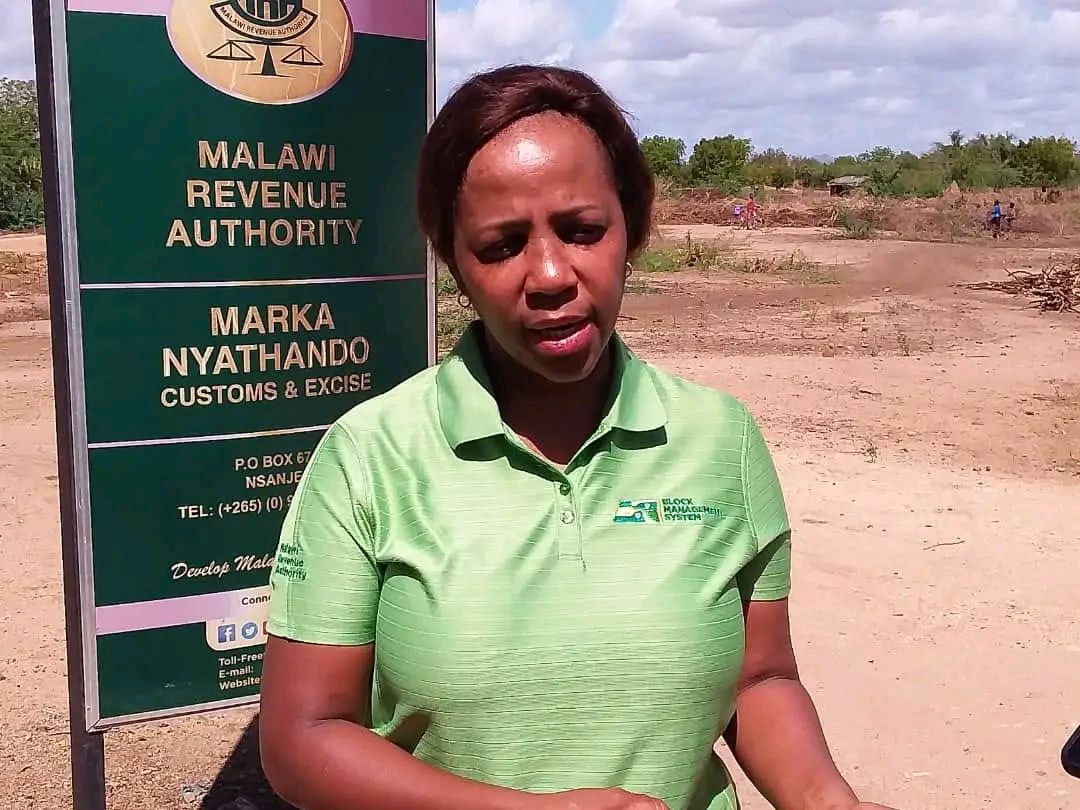By Chisomo Phiri
The Malawi Revenue Authority (MRA) says the rehabilitation of the Beira-Marka railway line in Nsanje District is expected to increase trade volumes between Malawi and Mozambique.
MRA Marketing Communications Manager, Wilma Chalulu, made this observation on Wednesday during a tour of the Marka-Nyathando Border Post in the district, which was conducted for editors from the Southern region.
Chalulu noted that once the rehabilitation of the railway line at the border is completed, it will not only increase trade volumes but also enhance revenue collection for MRA.

“We have already been collecting revenue from traders conducting trade at this border, which is expected to increase once the facility is fully rehabilitated,” she said.
Chalulu added that MRA will construct decent houses at the border post to create a conducive working environment and motivate staff.
Regarding the challenge of smuggling, she said that MRA is continually engaging with communities, involving local leaders, to raise awareness about the disadvantages of tax evasion and its impact on national development.
“In collaboration with other law enforcement agencies, we constantly sensitize communities and empower them to join the fight against smuggling.
“While smuggling remains a significant challenge, our efforts to combat it are ongoing,” she said.
On his part,Malawi Editors’ Forum General Secretary, Gracian Tukula, said the tour was necessary for editors to stay informed and effectively handle reporters’ queries. “Editors need to be regularly updated on the latest developments in various sectors of our economy,” he said.
The railway line has already facilitated the importation of construction materials and raw materials for China Railways 20 Company and Prescane, respectively, highlighting its potential.
Malawi is a signatory to regional and continental pacts such as the Africa Continental Free Trade Area, Southern Africa Development Community, and Common Market for Eastern and Southern Africa, which aim to make borders seamless and facilitate easy and legitimate movement of goods and services.



